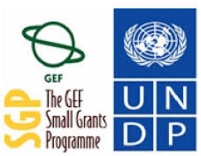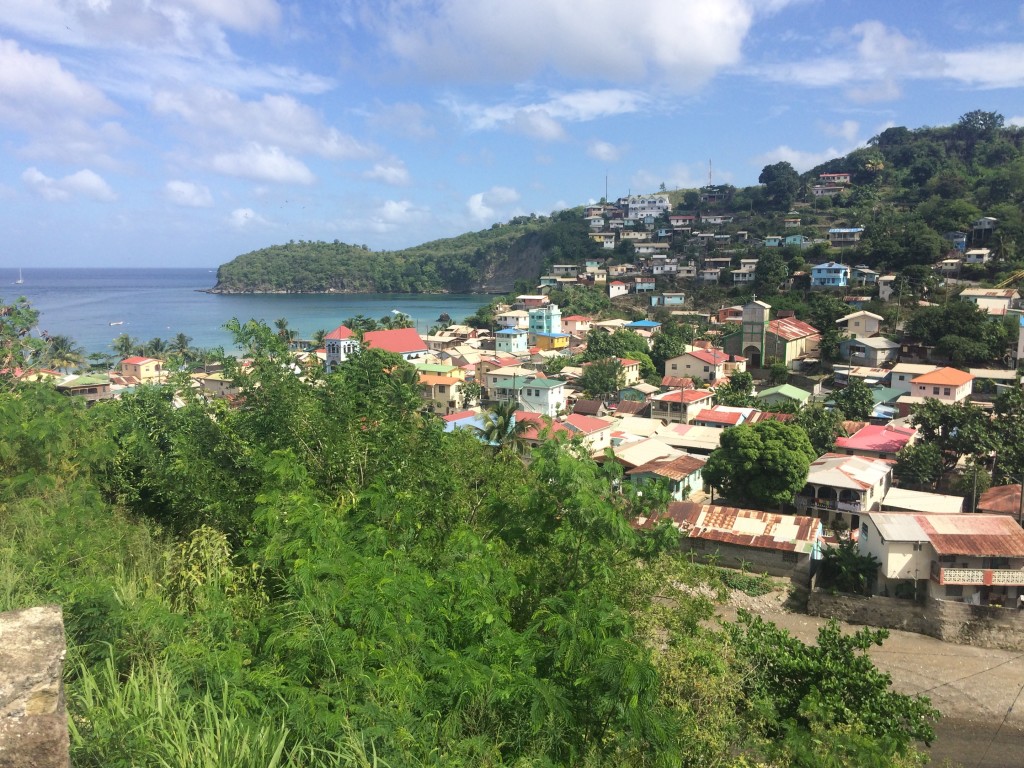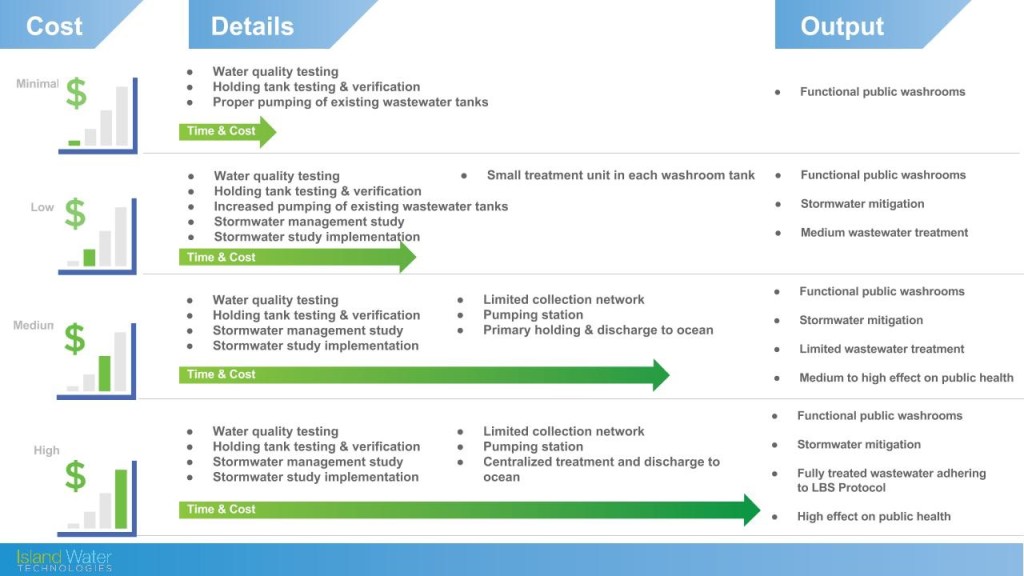IWT develops sustainable Caribbean wastewater strategy for community of Canaries (St. Lucia).

INTRODUCTION
Island Water Technologies Inc. (IWT) was contracted by the Canaries Community Improvement Foundation (Canaries, St. Lucia) to undertake a wastewater feasibility report which was financed through the Global Environment Facility (GEF) Small Grants Program (SGP) under the United Nations Development Program (UNDP). The scope of the project involved working with community representatives, to determine the feasibility of developing sustainable Caribbean wastewater treatment solutions for the town of Canaries, St. Lucia.
The community of Canaries is located in a steep sided river valley on the West Coast of St. Lucia. Increasing tourism in Canaries has the potential to boost the local economy and in turn help improve the quality of life for local residents. Currently, tourists are not able to participate in any water based activities close to the village due to the high pollution in the bay. Like many small island communities in the Caribbean, the small fishing village of Canaries, on the West coast of St Lucia suffers from the dire need for the development of a community level sewage system, it is however, much worse off than many communities on the island as almost 50% of the homes are without toilets, this is a far higher percentage than the national average.
As well as negatively affecting tourism, open defecation and untreated wastewater discharged to open gutters pose a significant health risk to the local population. The combination of regular storm water events and poorly developed wastewater management and infrastructure, has created a high risk environment with regard to the potential health implications of fecal water borne illness for the Canaries community. The existing wastewater infrastructure is inadequate for the local population. Of particular concern are the community members serviced by community washrooms located in Canaries northern valley. These facilities require frequent pumping and are routinely closed due to full holding capacity.
To help raise the quality of life in Canaries, it will need to become a more sanitary environment in which tourists are able to enjoy the local biodiversity. The money tourists spend on the local economy can have further reaching impacts as the community should expect more government funded projects in the area due to increased popularity and tax funds. This is the overall goal of the larger Ridge to Reef project and it is envisioned as being a stepping stone that will stimulate future economic development in the region.
PROJECT TEAM
For this project Island Water Technologies (IWT) partnered with Ms. Valerie Jenkinson of World Water and Wastewater Solutions (WWWS).
IWT (www.islandwatertech.com) is a Canadian wastewater solutions company that is focused on providing low-complexity, low-energy wastewater treatment solutions. IWT specializes in wastewater feasibility studies and provides custom design and consultancy services relating to Caribbean wastewater treatment. IWT work with community groups, municipalities and private companies to provide sustainable wastewater treatment solutions.
WWWS is a Canadian wastewater company that specializes in providing wastewater training and operation & maintenance courses and workshops. WWWS has an extended and successful track record of working with partners and projects relating to Caribbean wastewater solutions.
RESULTS
The report assesses the impact of climate change on the existing infrastructure and incorporates future planning considerations. Key stakeholders are identified, and go-forward strategies incorporating low-complexity, cost effective solutions for improved wastewater management are suggested.
As can be seen below, the solutions range from tasks relating to assessing the existing infrastructure and setting infrastructure baselines (water sampling, auditing existing holding tanks) all the way through to suggesting a centralized piped network with decentralized treatment solutions.
These tasks have been divided into those that can be enacted in the short-term with limited resources, as well as a longer term vision of decentralized treatment integrated to a centralized network of piping. All suggestions are aimed at reducing risk associated with fecal borne illness as a primary gal and a secondary goal of improved tourism based activities.
The components and outputs of the four proposed options suggested for the Canaries community are identified and point to immediate low-cost strategies and longer-term solutions. It is envisioned this document will function as a key road-map for the CCIF in allowing them to predict next steps for a wastewater solutions perspective and help in securing funding for immediate and long-term projects. The methodology of this report could be followed in developing sustainable Caribbean wastewater solutions on a wider scale.
See Canaries Wastewater Report 2016 for a copy of the sustainable Caribbean wastewater strategy and full report or for additional information in relation to the project you can reach out to:
Dr. Patrick Kiely – CEO, Island Water Technologies Inc.
Email – (pkiely@islandwatertech.com)
Mr. James Crockett – Consultant, Canaries Community Improvement Foundation
E-mail (jamesdcrockett.2020@gmail.com)




